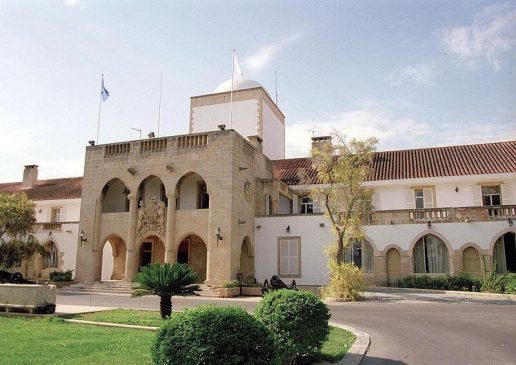Government Spokesman Prodromos Prodromou said ministers agreed to task an ad hoc working group with a mandate to establish a strategy for the development and implementation of Blockchain technologies.
“The decision underlines that it is necessary for the state and the public sector to keep up with international developments and advancements in the private sector,” said Prodromou.
The working group will be tasked with creating pilot projects while legislative and other initiatives will be under the auspices of the government and the parliament.
Blockchain is the technology and methodology that is currently behind decentralised software systems that create secure and transparent trading platforms in the new digital age.
It allows for faster and safer transactions without the need for an intermediary institution.
This is the second step Cyprus is taking in following the global trend of replacing traditional methods in the delivery of financial services with new technology and innovation that aims to provide faster and safer ways of completing financial transactions.
In July the Cyprus Securities and Exchange Commission (CySEC) announced plans to establish an Innovation Hub.
“This will act as a dialogue platform in which we will be able to understand the risks behind these technologies and to be able, further down the road, to regulate these companies and form a national strategy,” CySEC chair Demetra Kalogirou told the Financial Mirror recently.
There are a growing number of companies using Blockchain technologies and a demand from local and foreign start-up fintech companies, and older established ones active in the sector who are using these technologies more and more, from hedge funds to companies active in the banking sector.
“This has created the need to address regulatory challenges,” said the head of CySEC.
Economy on the right track
Referring to the preliminary fiscal results published Thursday by the Statistical Service, Prodromou said the data “they are much better than our predictions and expectations”.
He said that in the seven-month period January – July 2018, a budget surplus of more than half a billion euros was recorded, which corresponds to 2.6% of GDP, compared with 1.1% and €217 mln in the same period last year.
“Revenue is growing faster than spending at 9.1% versus 2%. It is important that the 9.1% increase in revenues is largely connected to the growth of the economy,” he said.
Prodromou added that as a result of the government’s prudent fiscal management, the state is able to spend over €1.5 bln for social benefits.
“This is the path we must continue to follow,” said the spokesman.




